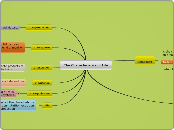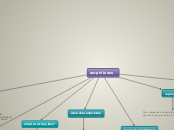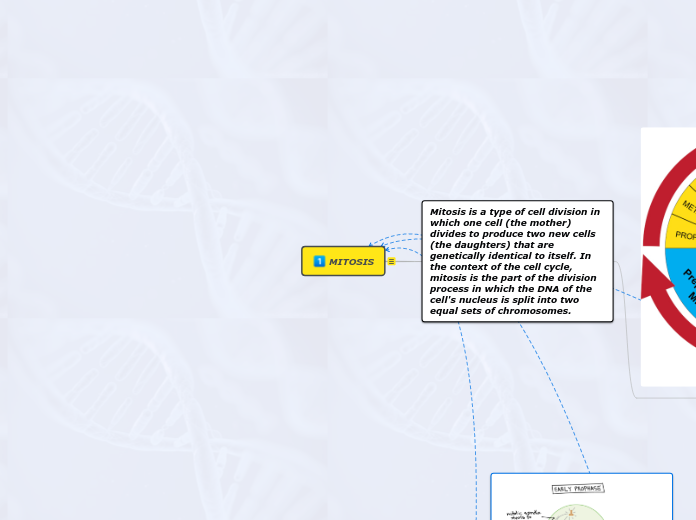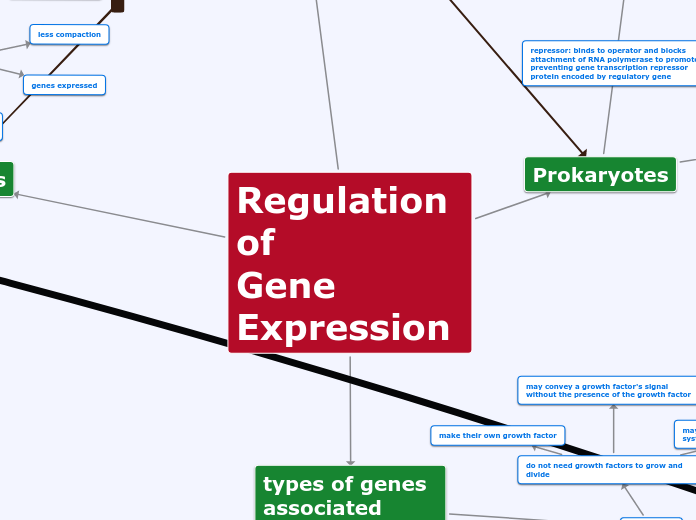Cell reproduction
Cell cycle
M phase
cytokinesis or division of the cytoplasm
mitosis or divison of the nucleus
Interphase
G2 Phase
The cell divides into two
S Phase
Hereditary material duplicates
G1 Phase
Cell increases in size and synthetize proteins
Reproduction
sexual
This needs two parents to reproduce
Have different processes
4º. Postembryonic development
After germination and formation of adult
3º. Embryonic development
The form of embryo after the zygote division
2º. Fertilisation
Fusion of gametes
1º. Gametogenesis
Formation of gametes
asexual
A single parent produce a new generation of living things
Binary fission
A cell divide the nucleus and then the cytoplasm into two equally daugther cells
Multiple fision
The nuclei is divided into differet small daugthers that before are released
Fragmentation
Multicellulaar organisms divide into diferent segments and from this segments appear a new individual
Budding
A bud appears on an unicellular organisms and a new individual is form
Kariotypes
The human kariotypes
Complete set of pairs of chromosomes of a cell
number of chromosomes
Diploid
Is the total number of chromosomes and is represented as 2n
Each paired of chromosomes that come from a different parent, this pairs are called homologus chromosomes
Haploid
Is only one set of chromosomes and is represented as n
The nucleus
Nuclear lamina
Is a protein structure located in the inner face of the plasma membrane
Nucloplasm
internal content of the nucleus
Nucleoi
Were the molecules are synthesised
Chromatin
Is made up of DNA and proteins
Centrosome
Only appear in animals during interphase
Nuclear membrane
It has two membranes, also it have pores were the molecules go out and in
Nucleus in division
DNA packaging
Change apperance
- nuclear lamina and nucleoi disapear and nuclear membrane breaks
- The contents are distributed throughout the cytoplasm
Chromosomes
Types
Parts
Sex chromosomes









